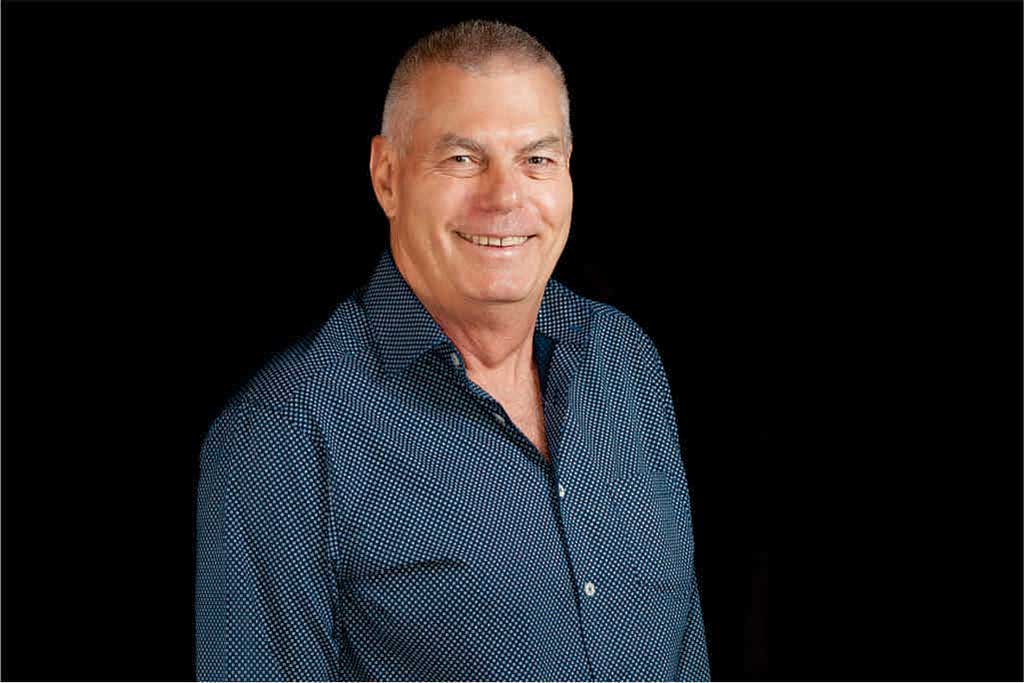What did you take from a year that was defined by uncertainty and complexity? For Ian McAlister, General Manager at CRS Technologies, it was one word – resilience.
For most individuals and organisations, it can easily be said that 2020 was one of the toughest years they’ve ever experienced. From the complexities of working from home to the legalities of regulations, and the fundamental changes to human interaction, it was a year that reshaped communication, collaboration and disruption. But there were valuable lessons to be learned from the challenges that the pandemic presented and perhaps the most valuable was the general resilience of people.
It was surprising to see how well people adapted when the pandemic first kicked off in South Africa. When everything moved into high gear in March 2020, most people simply got on with finding new ways of working and living. In general, we found that our clients and our employees were more interested in finding ways around the problems than being overwhelmed by them.
People didn’t throw their toys out the proverbial cot. They didn’t sink into sands of horror or panic-burn their webcams. They just took out their technology, looked at their goals, and found inventive ways of working around the crisis. This resilience is a defining characteristic of South Africans, one that has seen people overcome far more complicated and challenging situations than a pandemic.
From a business process perspective, CRS has adopted a new way of working that has allowed us to realise far better results from our people and for our clients. Other companies have adapted by either downscaling their operations or taking advantage of unexpected opportunities presented by the lockdowns and regulations. While many people have been adversely affected by closing companies and unemployment, South Africans haven’t given up. They have demonstrated a resilience that has carried them through incredibly tough economic times, and that isn’t showing any signs of giving in as the country faces limited access to vaccinations and no clear end to the pandemic regulations.
Going forward, it’s important for companies to recognise this resilience and provide people with the support they need to cope with the coming year. The situation isn’t going to miraculously ease, so there needs to be cohesive and holistic plans made around ensuring people don’t burn out, that they have the right tools to do their jobs, and that they receive psychological support. Management has to accept that people can work independently, and that there is no need to take on the role of big brother unless an individual isn’t performing. It’s an opportunity to measure people based on their ability to achieve goals, not to work prescriptive hours.
At CRS we’ve found that our people have responded really well to being treated as responsible adults. If they meet their goals, if they deliver results, then it doesn’t matter if they worked from 3pm-5pm or a full eight-hour day. This has meant reduced burnout, improved productivity and better results, and has shaped our employee strategies for the foreseeable future. The pandemic may have forced change upon the South African business, but that doesn’t mean that this change isn’t beneficial. Perhaps this is the greatest lesson of 2020 – people can be trusted because they are responsible and resilient, and the world of work can reach greater heights as a result.




